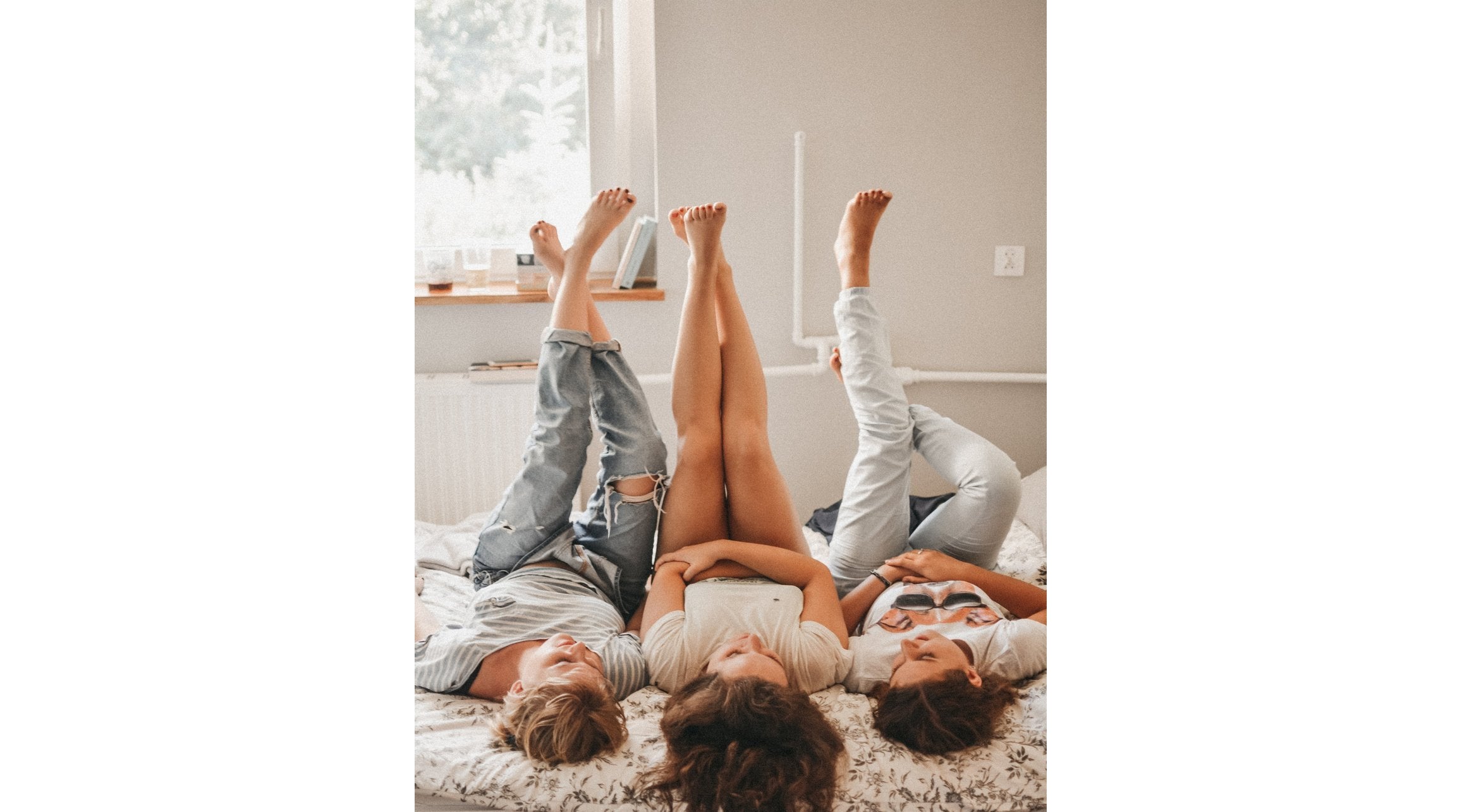
Reusable Pads — Better for the Planet, and For You
Our bodies have always menstruated, but we haven't always created so much waste with our cycle. Prior to disposable pads and tampons, women used cloth rags to catch their menses and then washed and reused them. While modern menstruation has brought with it plenty of convenience, unfortunately, disposable pads and tampons create an incredible amount of waste.
In 2015, after reading The Zero Waste Home by Bea Johnson, I made the switch to using cloth menstrual pads. Johnson opened my eyes to the horrors of garbage, and with how much vigor Americans produce it — about 4.5lbs of trash per person per day. The trash we produce simply can’t be ignored, even though we may try. It clogs up our landfills and leaks methane gas and carbon into the atmosphere, increasing the greenhouse gas effect that causes climate change. Equipped with this knowledge, I have chosen to make small adjustments in my life that I know make a difference.
I want to take a moment to acknowledge that disposable options aren’t always been a bad thing. In many communities or cultures in which there is a lack of access to pads and tampons, women may miss out on vital education or social activities while they menstruate. In this case, certainly the use of disposable pads is vital to women thriving. Knowing this, I certainly don’t admonish disposable pads. However, in the United States and other western nations, many women have access to additional options — options that both support our health health and decrease environmental harm. I recognized the privilege I have to choose something different and feel a sense of duty when making that choice.
I began by using Gladrags pads a few years ago, and it was an enlightening journey. My friends and roommates were foreign to the idea that a woman could use reusable pads, and so I had a lot of explaining, and educating, to do.
Here are the main questions I received about reusable pads:
Q: Is it gross to wash your own pads?
A: Nope! It’s just a matter of getting used to it. I hand rinse my pads at the end of the day and soak them in water. When I have gathered enough to run a small load in the washing machine I do so. You can also just hand wash them after each use, then hang them to dry. I’ve actually found that it feels good to have a deeper involvement with my cycle by having to wash my pads. It makes me feel more connected to my body and my cycle.
Q: How do you change your disposable pads while you’re out in public?
A: I was so used to throwing things away (pads especially) after one use, and breaking that status quo felt quite odd for a while. It was an adjustment to carry them with me after use. I usually take a small brown paper bag from the public restroom — you can grab one out of most bathrooms sanitary napkin disposal area, as they often have extras. I keep that in my bag throughout the day and put my used pad in there. I also find that because the cloth is thicker I usually only need to change it twice on my heavy days, so it’s really not a big deal.
Q: How do you explain to other people why you use reusable pads?
A: You actually don’t have to explain yourself to anyone if you don’t want to. If you are asked about it or would like to share, choose which value you’d like to speak to. I often talk both about avoiding chemicals on my body and the importance of reducing waste.
If you choose to make the switch, you can start slowly, as I did. Just try incorporating a reusable panty liner every now and again. As you become more used to the idea, you can incorporate more pads and even try other products like period underwear (check out Thinx!), or a menstrual cup. All of these options help reduce trash and help us avoid putting chemicals on our skin, our largest organ.
The most exciting part for me about learning more about reusable pads was the sense of empowerment I feel when I take my menstrual health into my own hands. Using cloth pads makes me feel connected to my cycle, as I have to pay more attention to my body. Over time, I have felt less shame about the choice to use cloth pads, and less shame talking about my menstrual cycle in general. It seems to me the gift of this switch, beyond the environmental impact, is that it allows me to love myself and my body more deeply.
Brooke Lorimer is the founder of A Simple Alternative, a Virtual Assisting company that supports female entrepreneurs in reclaiming their time and bringing their bright ideas to life. She believes in using our values as a guide map for our life work and is passionate about women taking up space in the world.

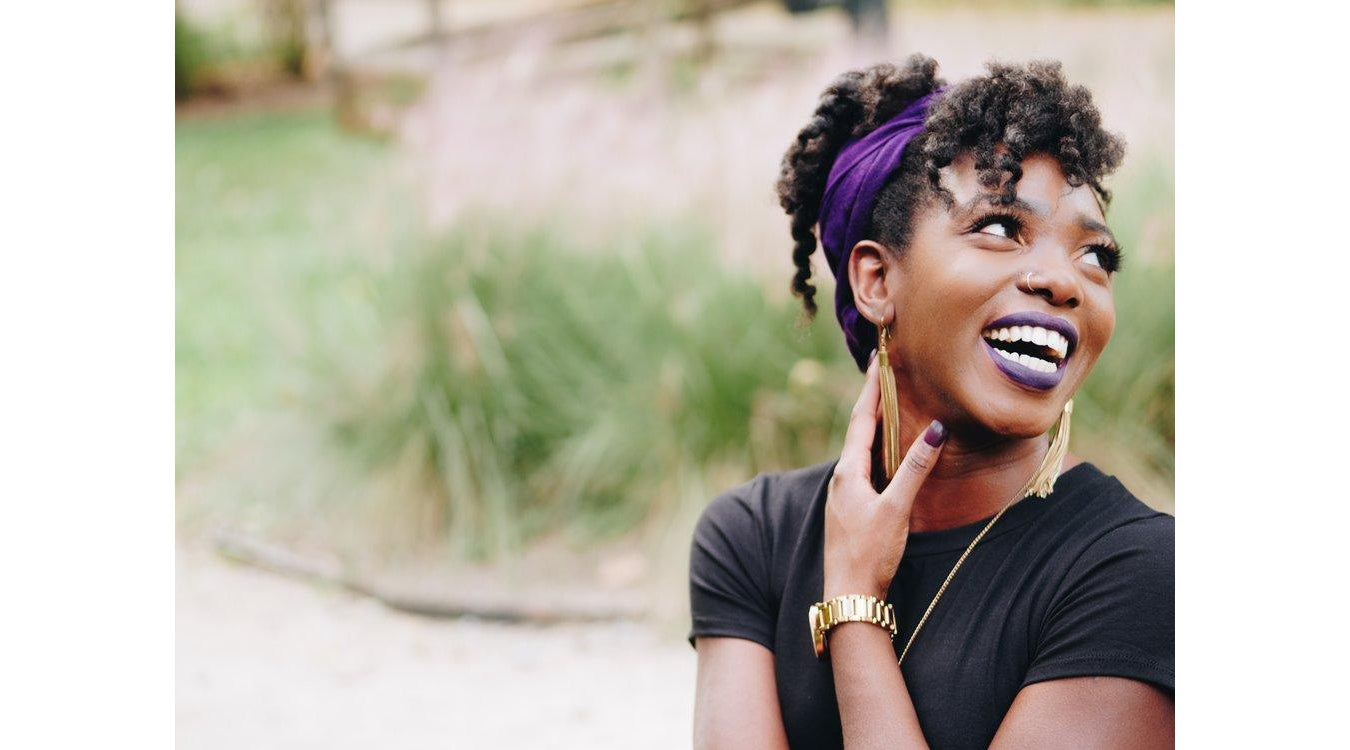
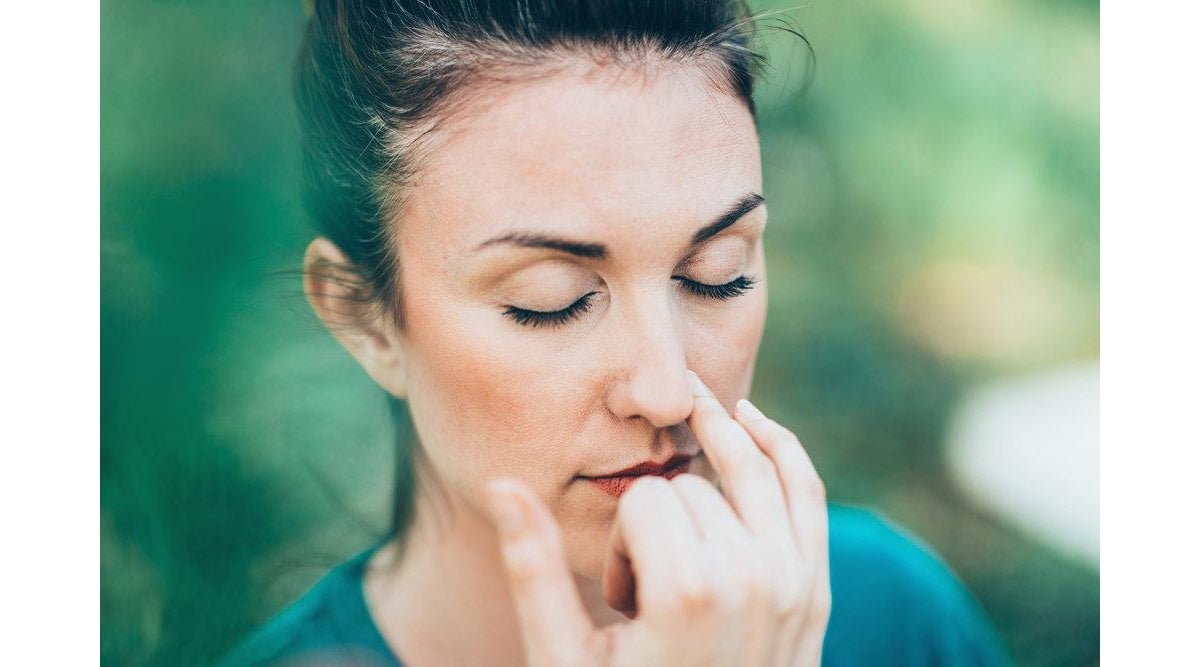
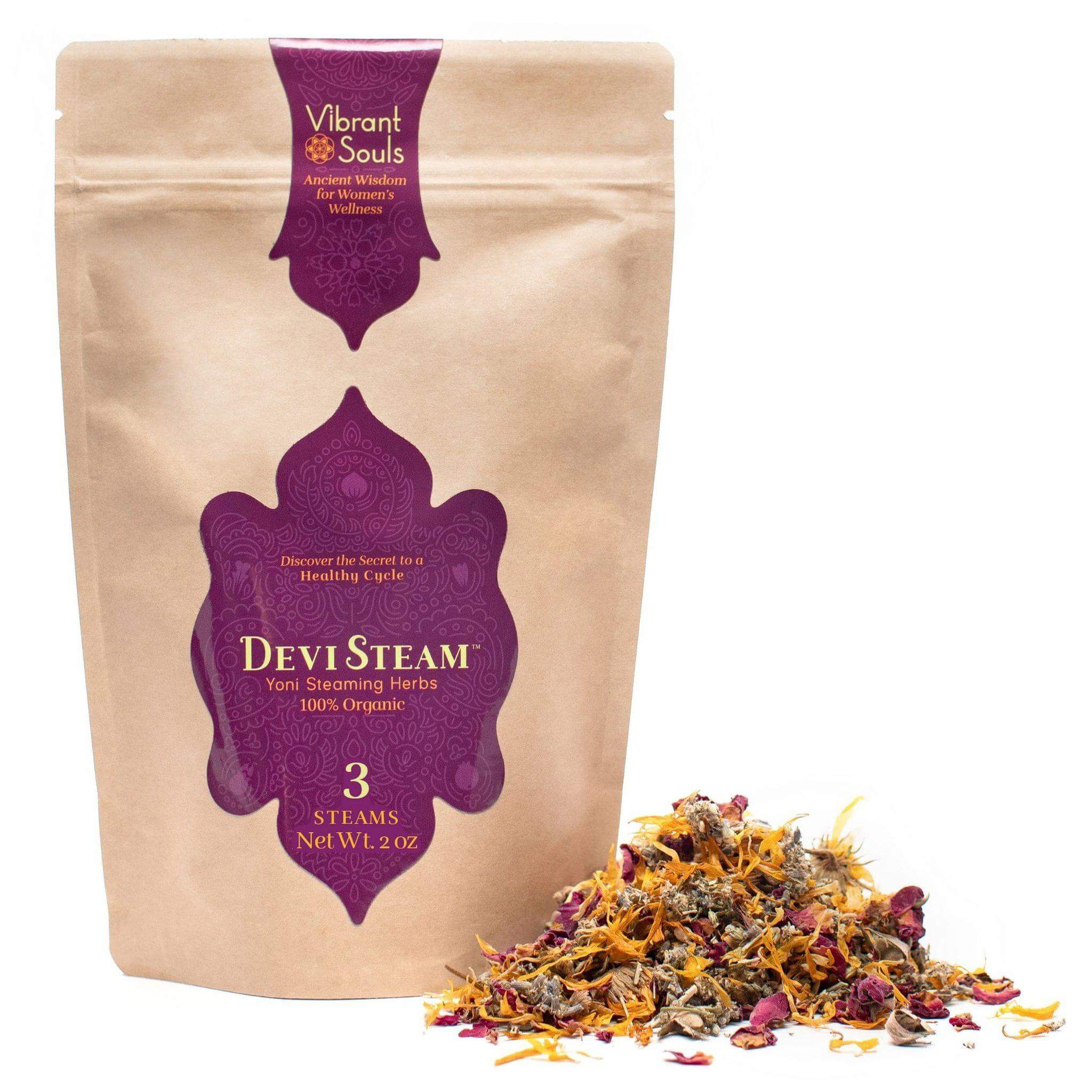
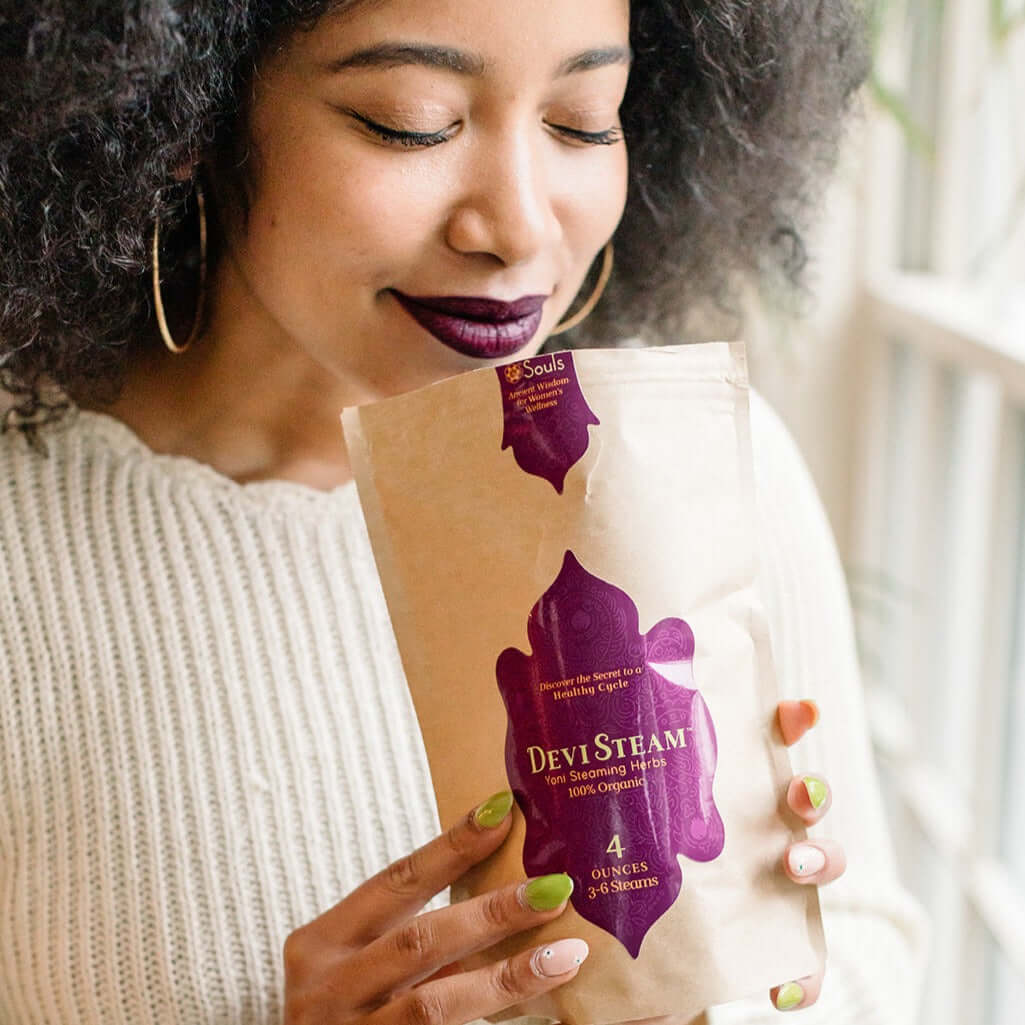
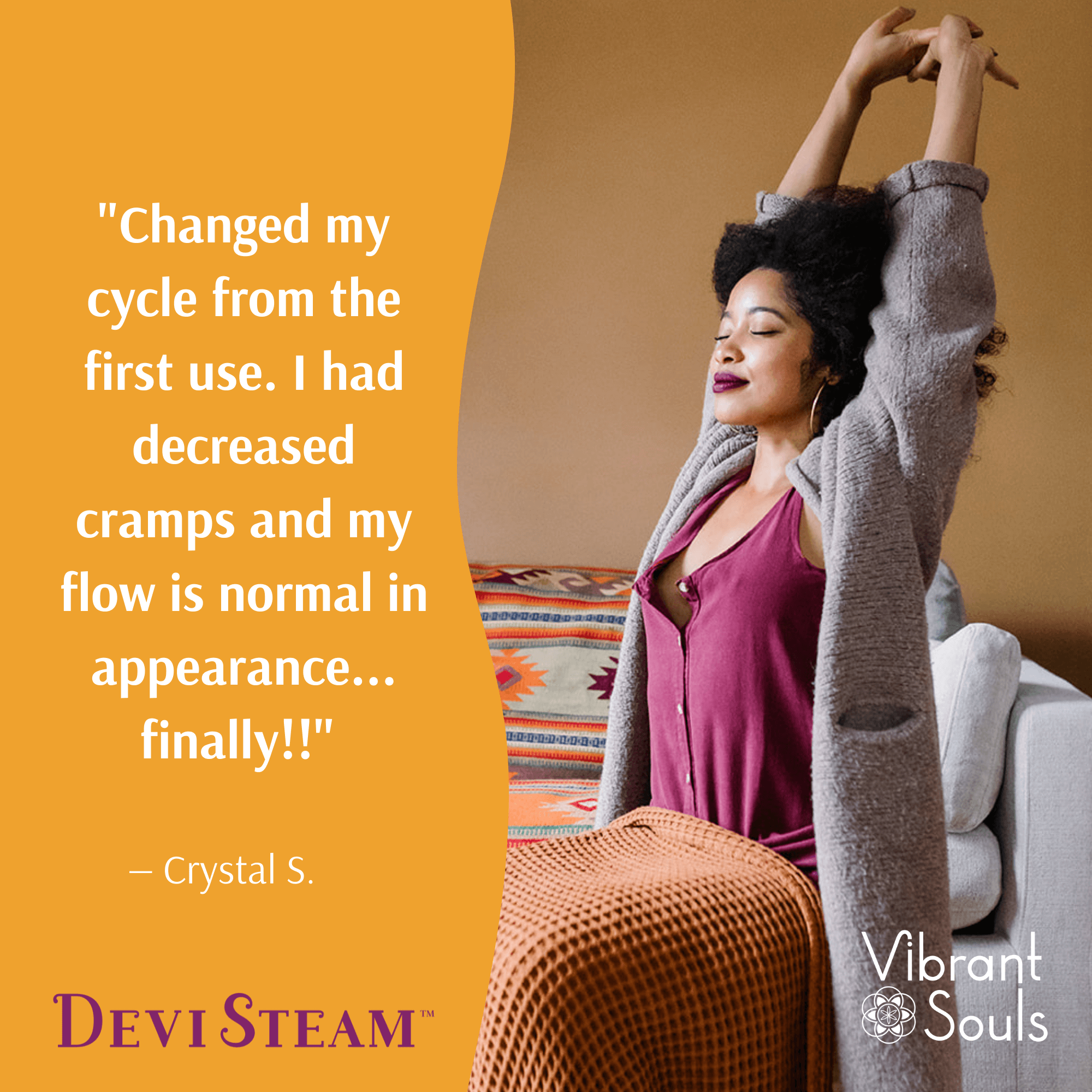
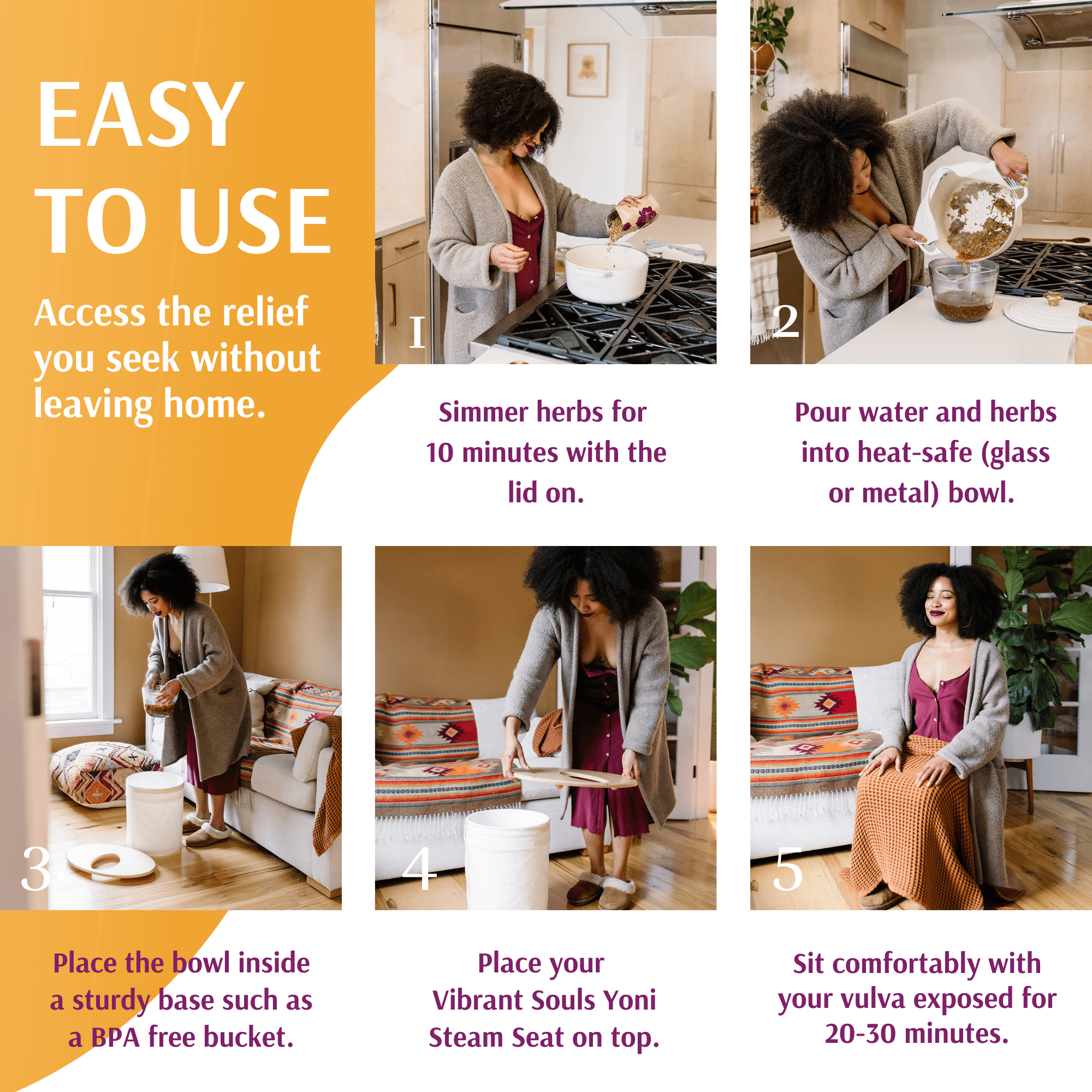
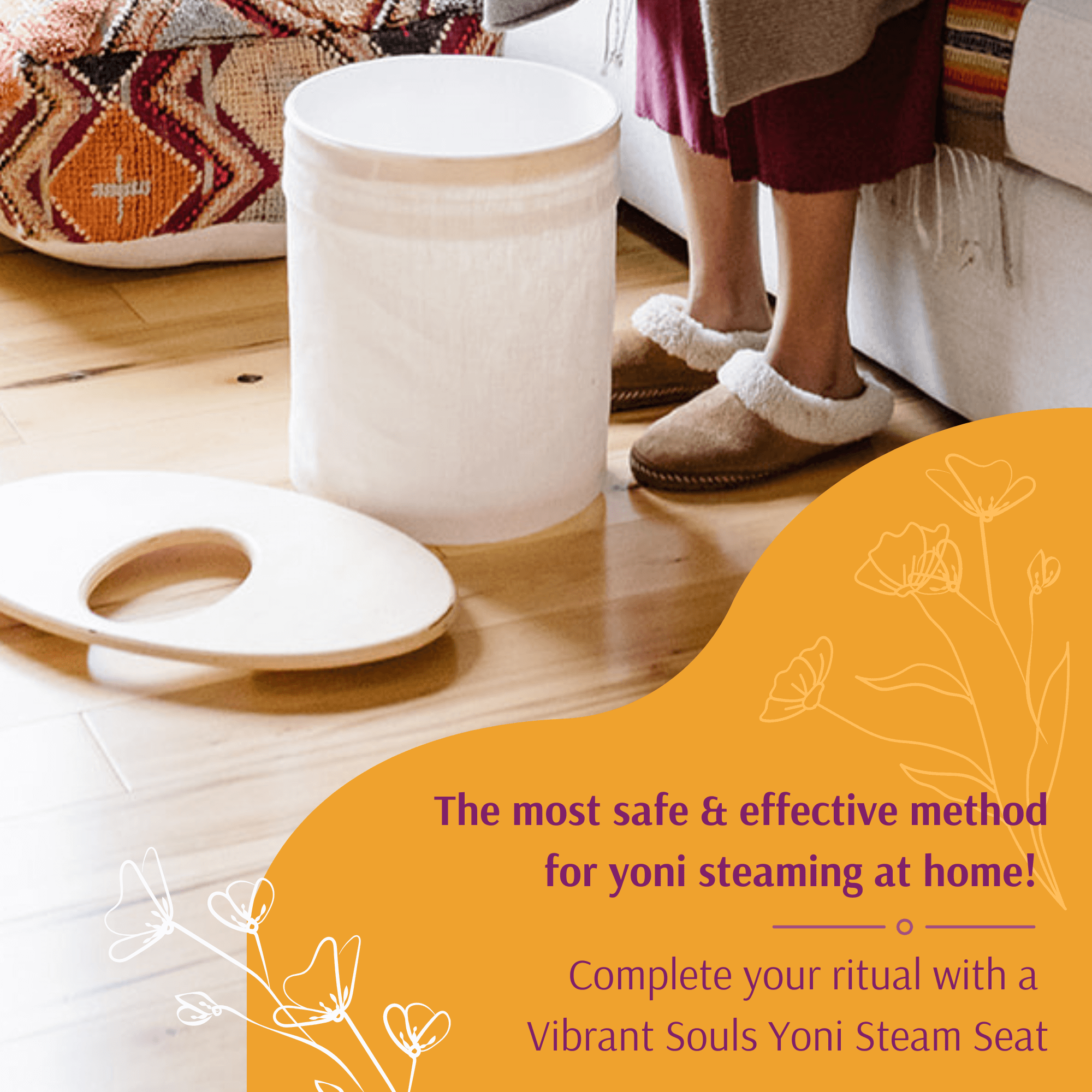
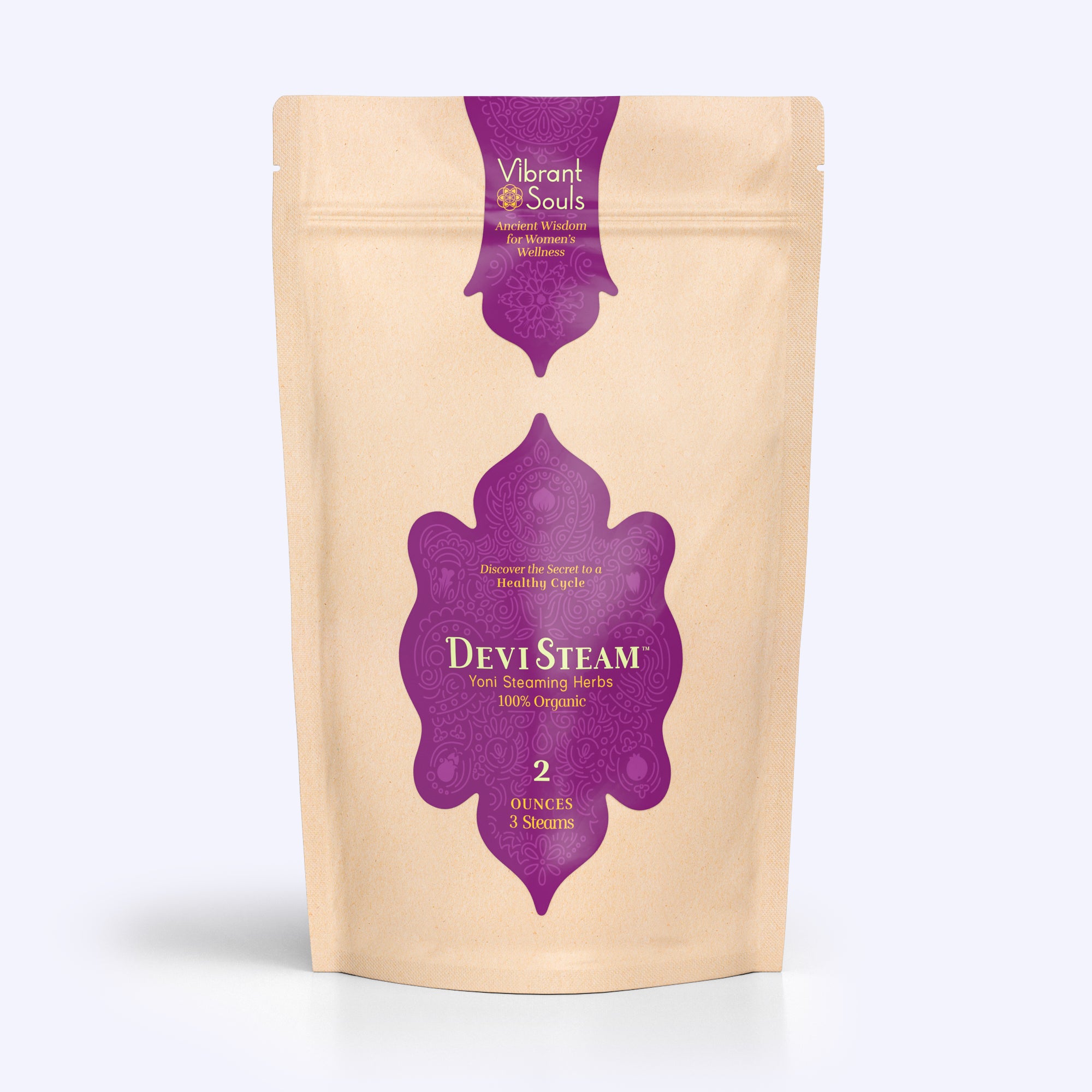
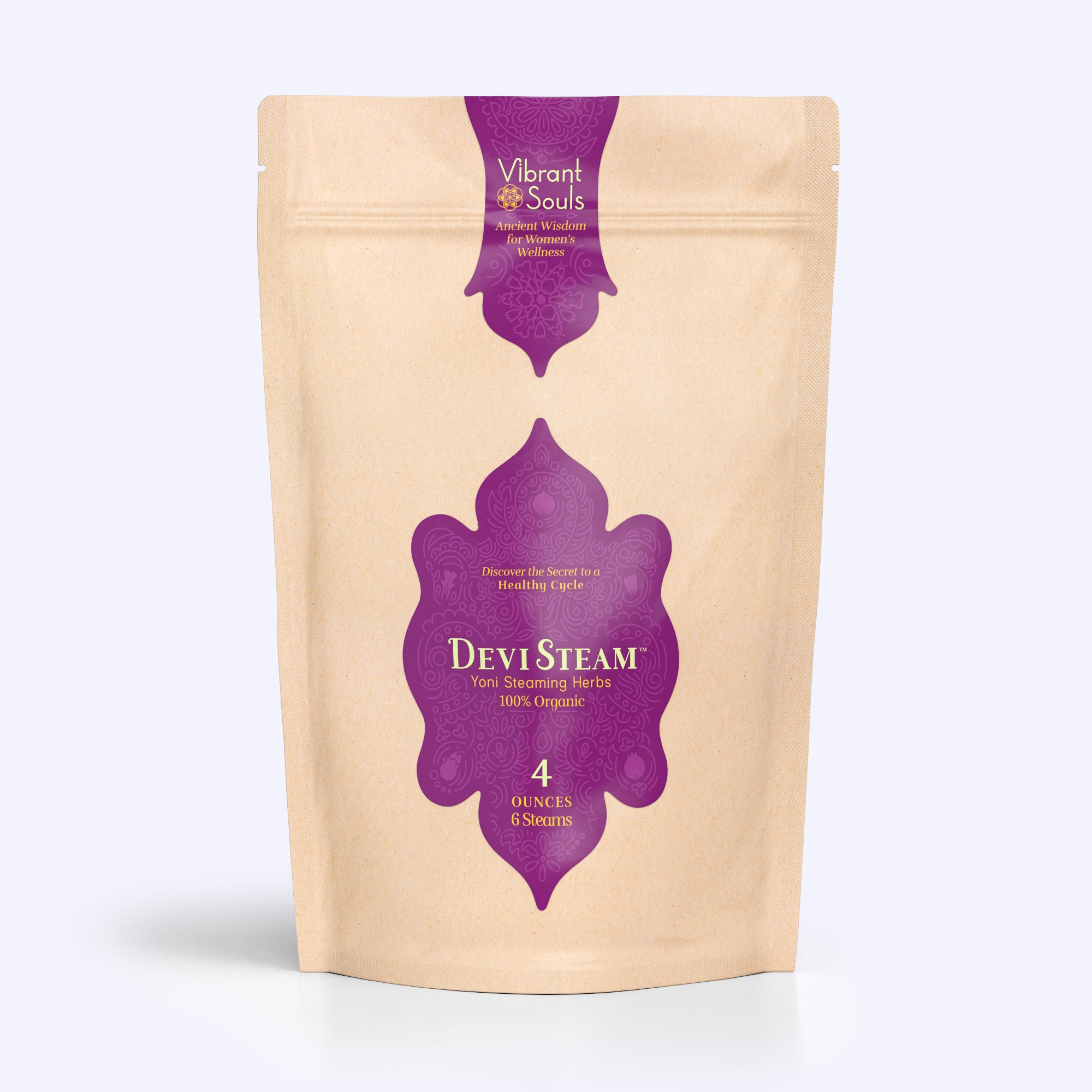
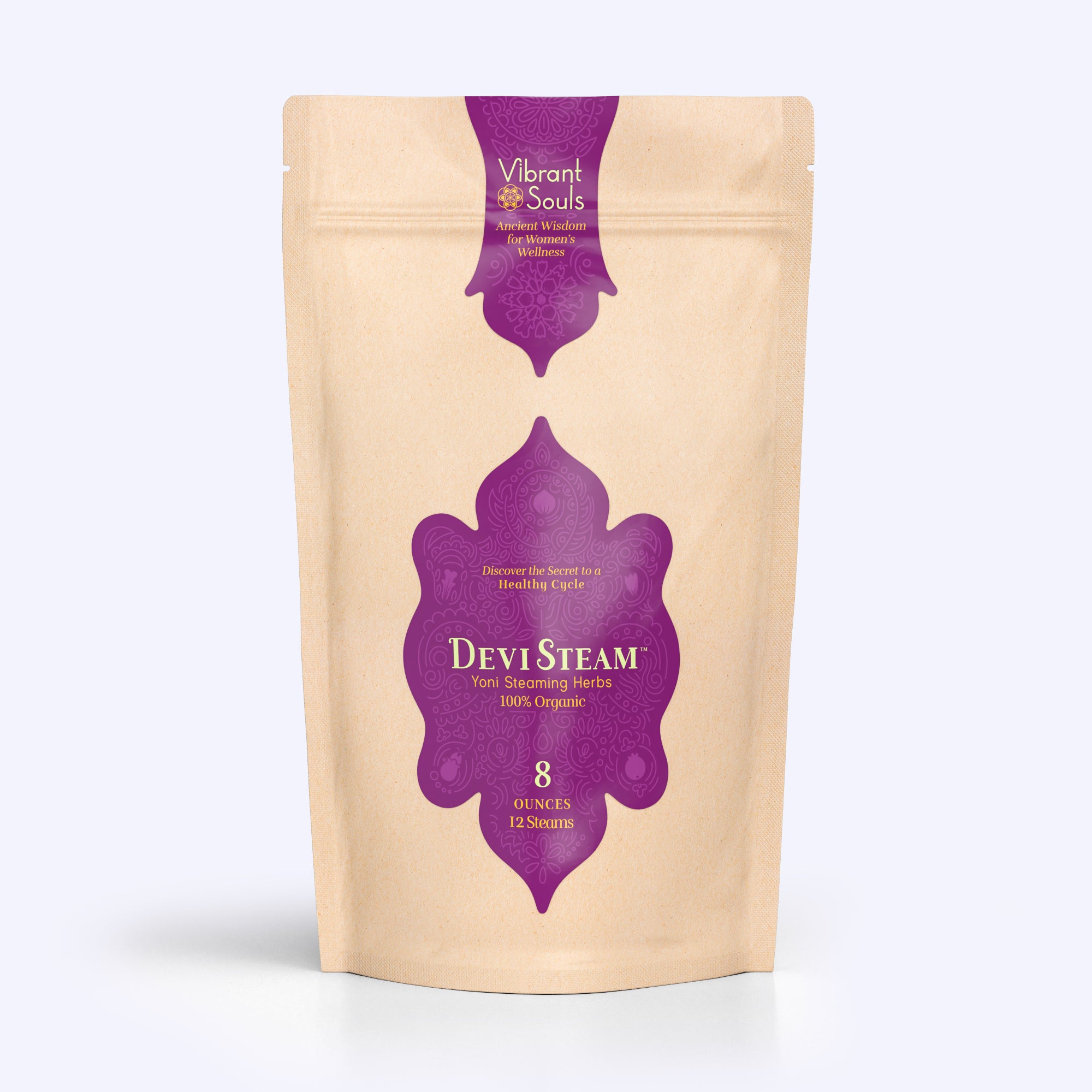
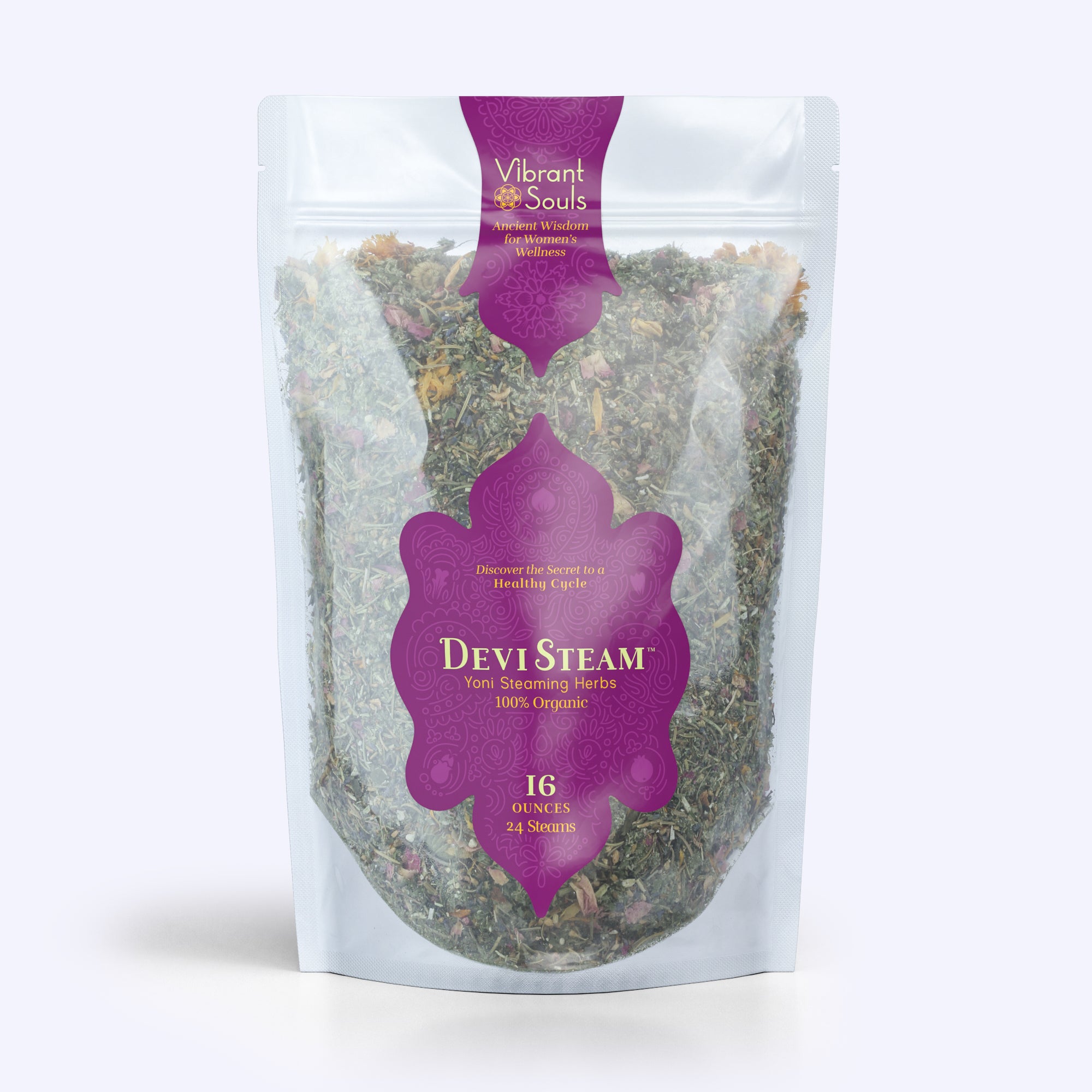
Leave a comment
This site is protected by hCaptcha and the hCaptcha Privacy Policy and Terms of Service apply.